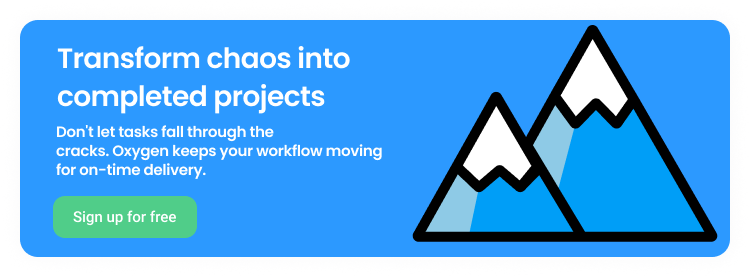There is mainly 3 types of meetings :
Decision-making meeting does the follow
- Gets a decision made
- Includes the people most directly affected by the decision as well as a clearly designated decision-maker
- Presents all credible options objectively and with relevant background information, and includes the team’s recommendation if there is one
- Gives equal airtime to dissenting opinions and makes people feel that they were heard
Informational meeting accomplishes the following:
- Enables the group to feel like they learned something valuable
- Conveys key messages clearly and memorably
- Keeps the audience’s attention (through dynamic speakers, rich storytelling, skilled pacing, interactivity)
- Evokes an intended emotion-whether inspiration, trust, pride, courage, empathy, etc.
Feedback meeting achieves the following :
- Gets everyone on the same page about what success for the project looks like
- Honestly represents the current status of the work, including an assessment of how things are going, any changes since the last check-in, and what the future plans are
- Clearly frames open questions, key decisions, or known concerns to get the most helpful feedback
- Ends with agreed-upon next steps (including when the next milestone or check-in will be)
Meeting follow up
Once the meeting is over, the meeting owner must nail down exactly what happened by sending out minutes that summarize the discussion that occurred, the decision made, and the actions to be taken. And it’s very important that attendees get the minutes quickly, before they forget what happened. The minutes should also be as clear and as specific as possible, telling the reader what is to be done, who is to do it, and when. All this may seem like too much trouble, but if the meeting was worth calling in the first place, the work needed to produce the minutes is a small additional investment (an activity with high leverage) to ensure that the full benefit is obtained from what was done.
The follow ups need to be treated with as much care as the preparation. A meeting is not an end by itself, more of step into something bigger.
To help you with that , in the last few minutes of a meeting, get into the habit is asking next step and wrapping up learnings.
Good meetings are simple and straightforward.
You leave them feeling the same way every time:
- The meeting was a great use of your time.
- You learned something new that will help you be more effective at your job.
- You left with a clearer sense of what you should do next.
- Everyone was engaged.
- You felt welcomed.









Leave a Comment
You must be logged in to post a comment.